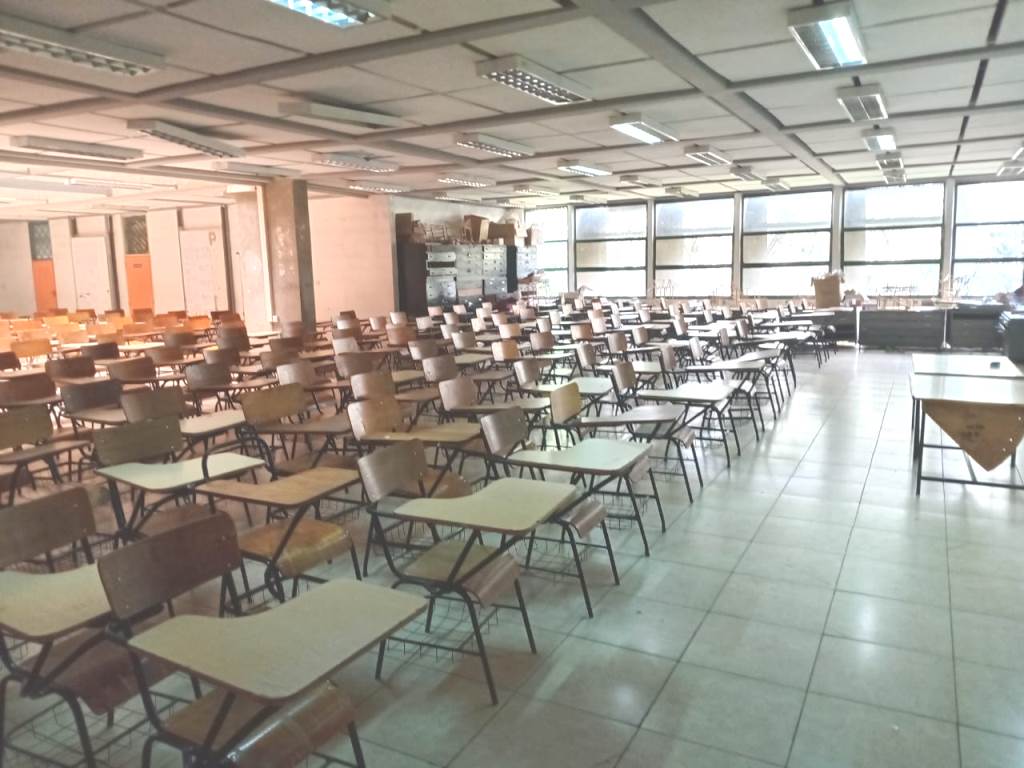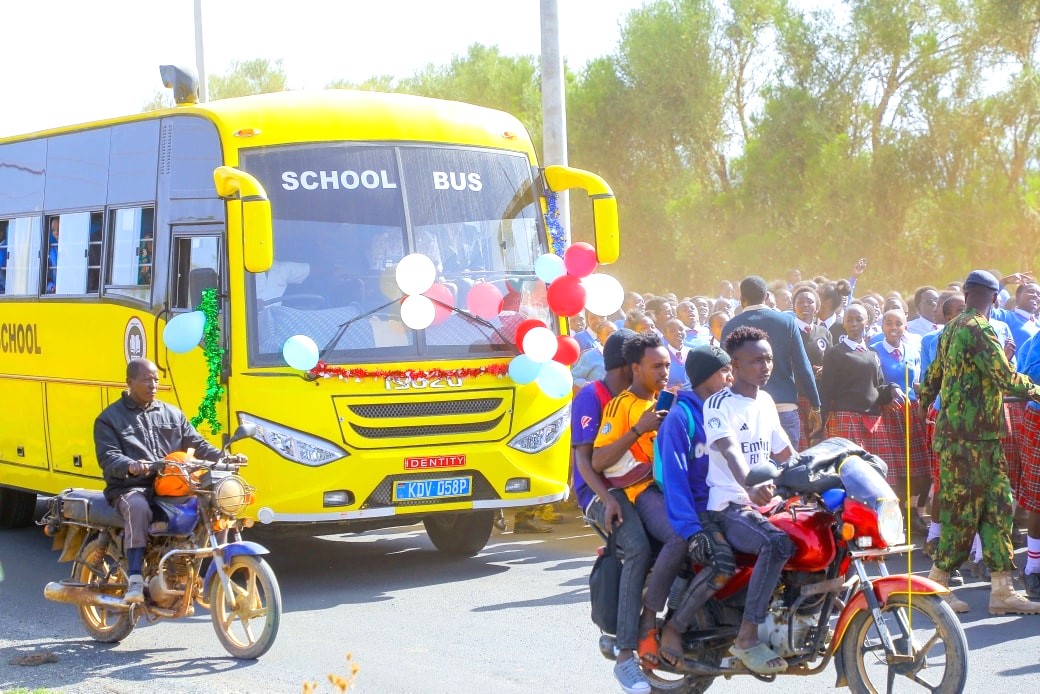As university gates remain shut, many Kenyans are asking: if lecturers have already been paid, why are they still on strike?
The answer lies in a deeper conflict that goes beyond arrears.
In its September 23 memorandum, the Inter-Public Universities Councils’ Consultative Forum (IPUCCF) declared the matter resolved.
“The arrears due under Phase Two of the 2021–2025 CBA have been fully paid,” wrote Prof. Fred Simiyu Barasa, Vice-Chancellor of Taita Taveta University and chair of the IPUCCF talks. He added that KUDHEIHA had called off its action after confirmation of payments.
From IPUCCF’s perspective, the strike should have ended. “We now await formal acknowledgement from UASU and KUSU confirming receipt of payment… so that this matter may likewise be closed,” the memo noted.
But UASU sees things differently. In its filing on September 22, the union pointed to unresolved commitments from past agreements.
“The councils of public universities and the Government should immediately implement in full the 2017–2021 Collective Bargaining Agreement,” UASU declared.
The union insists the strike is also about legal compliance. “The conciliator cannot rewrite a duly registered Collective Bargaining Agreement nor countermand a legal opinion rendered by the Attorney General,” the union stated.
READ ALSO:
Universities, lecturers’ union lock horns over pay dispute as strike deepens
Central to the dispute is the Salaries and Remuneration Commission (SRC). While universities argue they have already initiated negotiations for the 2025–2029 CBA, UASU argues the process is invalid without SRC’s green light. SRC advice is fundamental in concluding a CBA, which deals with terms and conditions.
This reveals why the strike continues despite the payments: lecturers demand respect for court rulings and proper procedures in future negotiations, not just the resolution of arrears.
As the stalemate drags on, thousands of students are bearing the brunt of the impasse. Graduation timelines may shift, and exam preparation is at risk.
For families and learners, the strike is not about legal technicalities — it is about lost time.
Until trust is restored and legal obligations are honoured, the strike may well outlast the paychecks.
By Joseph Mambili
You can also follow our social media pages on Twitter: Education News KE and Facebook: Education News Newspaper for timely updates.
>>> Click here to stay up-to-date with trending regional stories
>>> Click here to read more informed opinions on the country’s education landscape






